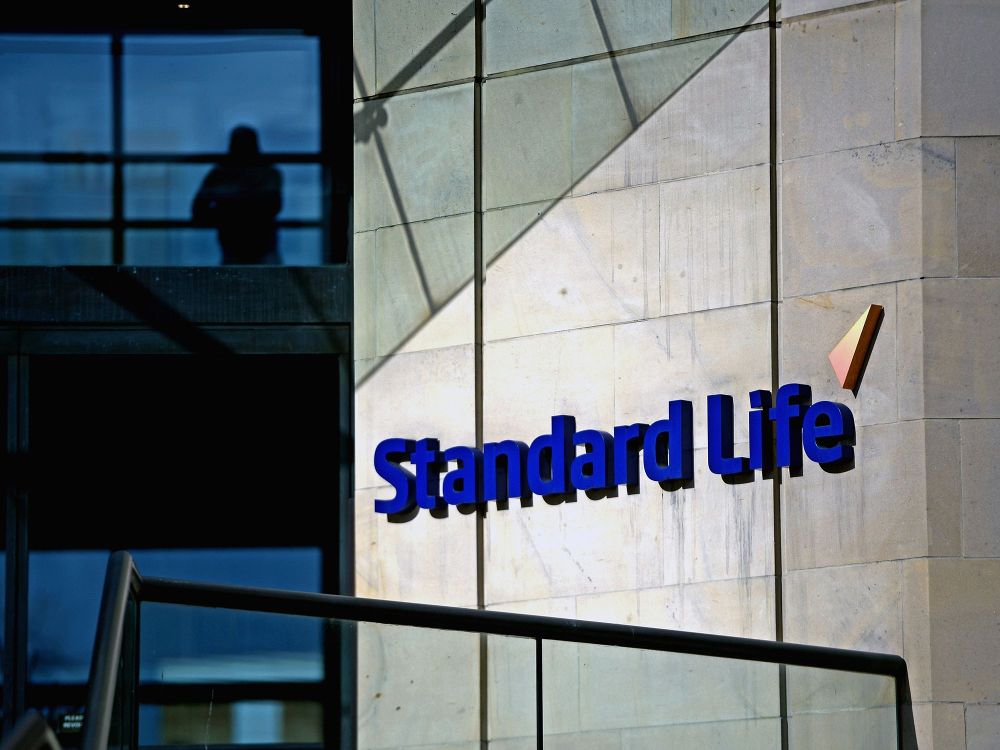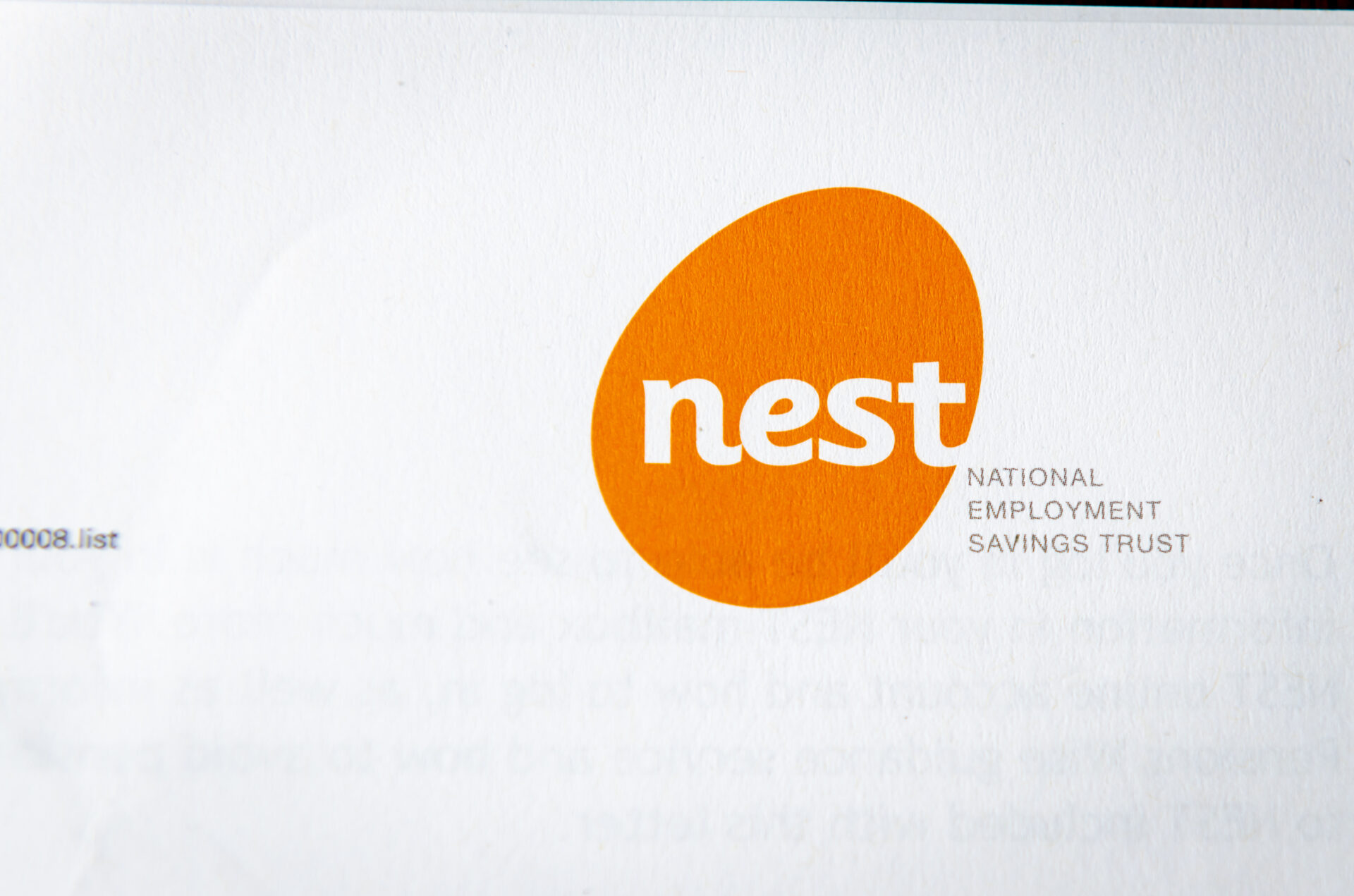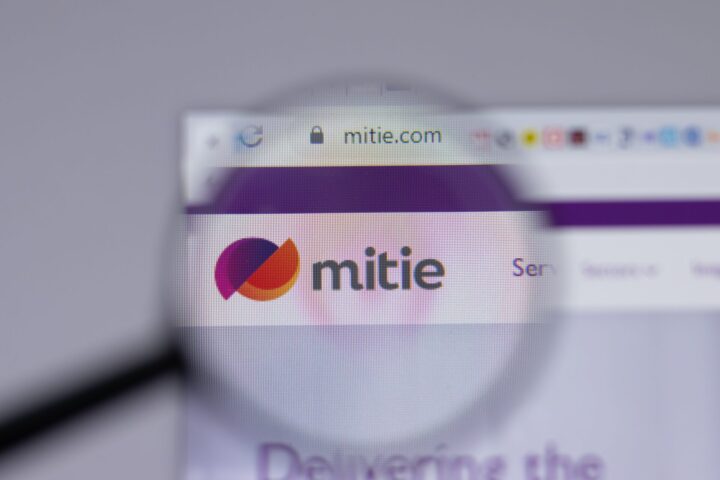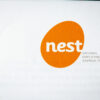Standard Life urged new graduates to consider topping up their pension contributions as they received their first pay cheque in September.
Research found that around one million people gained higher education qualifications in the UK each year, and many started work this month.
Most graduates were auto-enrolled into a workplace pension scheme.
Among those who had finished university in the last five years, 89% said pension planning was important, but only 18% put saving for retirement as a top concern.
General saving, investing, living expenses and saving for a house were more important to most.
Standard Life’s analysis showed that a graduate who started work at 22 on a salary of £25,000, paying minimum auto-enrolment contributions, could end up with a £210,000 retirement fund by age 68, adjusted for inflation.
If they increased their monthly pension by just 1% from the start, they could have £236,000 at retirement, a £26,000 boost.
Those who increased their contributions to 8% from 22 could see their retirement pot rise to £289,000.
Dean Butler, managing director for retail direct at Standard Life, said: “Graduates have a lot to juggle as they take their first steps into working life, from rent and bills to saving for a home.
“Therefore, while most recent university leavers are conscious of the importance of pension planning, it’s understandable that other financial concerns take priority and that saving for retirement is not top of mind when only just starting on the career ladder.
“However, for those able to do so, sacrificing a round of drinks, a gym class or a takeaway each month and putting those savings into a pension can make a notable difference over time.”
Butler added: “Topping up pension contributions from the start of a career could be hugely valuable, as your pension will benefit from tax relief, and from the power of long-term investment growth.”
Butler said it made sense for graduates to remain enrolled in a workplace pension once they started work.
He also said graduates should check if their workplace offered matching contributions, and to pay in the maximum amount that employers would match.
Additionally, Butler advised that increasing regular payments or making one-off contributions, even small ones, would add up over time.
He suggested that when graduates received a pay rise or bonus, it could be worth putting some of it into a pension to benefit from tax relief and build up savings for the future.

















